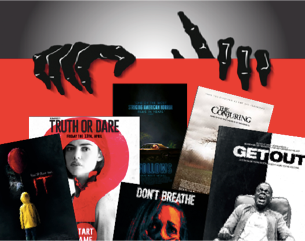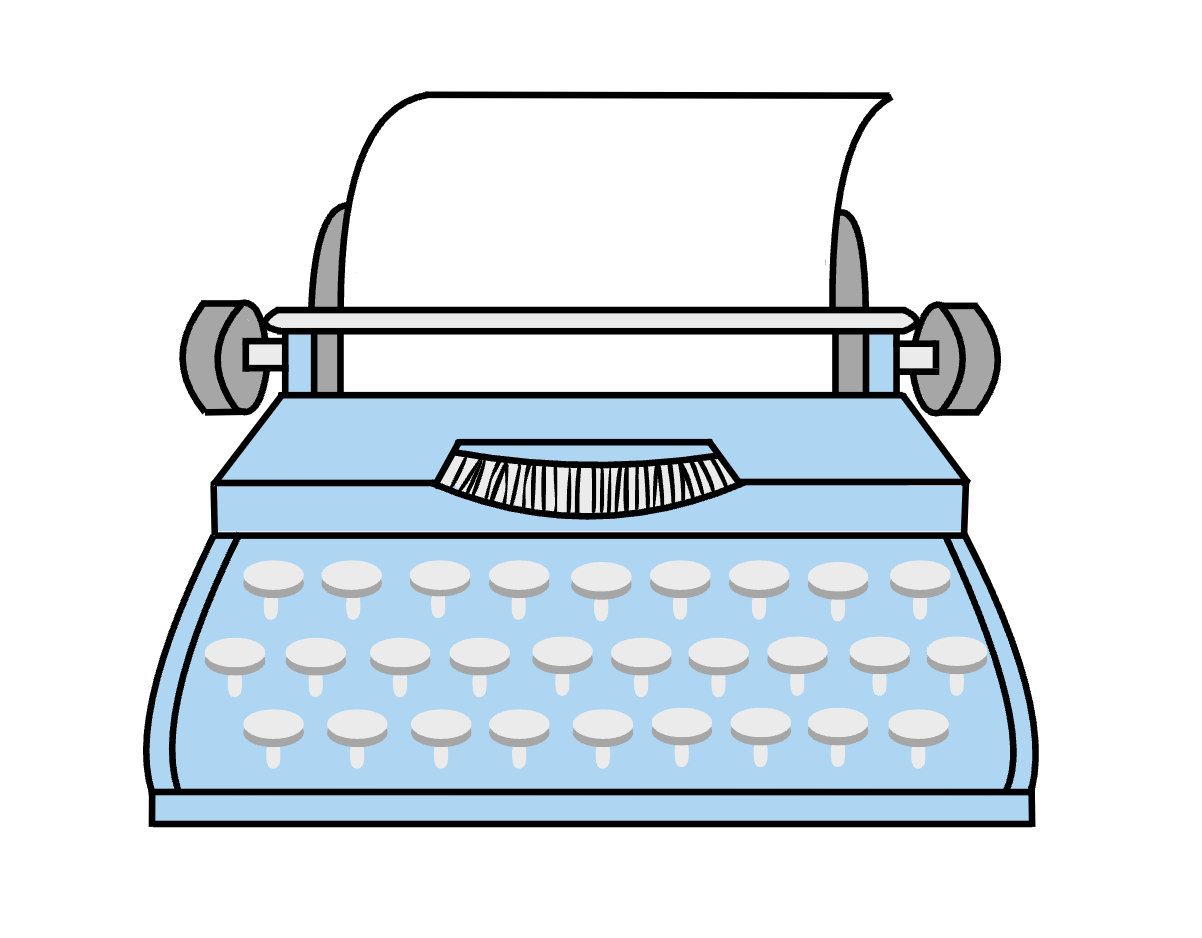The psychology of fear
How Hollywood succeeds in the department of Horror Films .

Courtesy of Annabelle Goettl ’20
Creepy and crawly: the plethora of horror movies put in theatre each year affect every person differently.
Fear is an instinct wired in each of our brains, which enables our subconscious to avoid harm. When we are faced with fear our adrenaline rockets, our hands sweat and our hearts race. So, why do some people enjoy being scared by a good horror flick, while others don’t?
Hollywood is experiencing the “Golden Age of Horror Movies” as they pump out films with supernatural, zombie filled, murder and mayhem roller-coaster rides year round. In 2016 Hollywood sold 754,410,688 thriller and suspense tickets (The-Numbers.com). Horror movies are not only in the business to scare the audience, but are creating topical conversations within our society. For example, award winning Get Out, had deep rooted racial and societal themes as well as The Purge, which addressed violence and social justice. Topping the list of the scariest movies ever include The Shining, The Blair Witch Project, and Jaws.
With storytelling, people love to seek emotional connection, whether it’s rooted in romance, comedy, or in this case, suspense and horror. We can explore our own phobias, feed our curiosity, and experience danger vicariously. Persay, one wonders what an alien invasion would be like, but obviously does not want to experience the takeover, a movie is a great way to encounter such an event indirectly. Filmmakers understand the psychology of their audience, and they rarely disappoint. To conclude, some people are wired to eagerly seek thrill and feed their adrenaline, while others do not feel that impulse. Psyche Central, also inputs that it could depend on ones experience in life and if scary subject matter may hit too close to home, steering away the desire to watch. So, the next time you go to a horror flick, take a moment to observe the movie taking advantage of and manipulating your own imagination to scare you even more.



